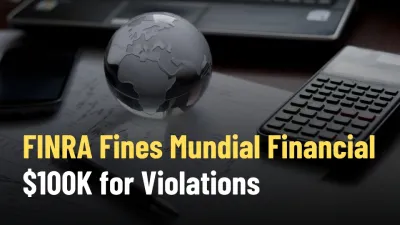Bybit to Restrict Services in Japan Amid Regulatory Pressure
Crypto exchange Bybit will limit access for Japanese users in 2025, citing compliance with strict local regulations.
简体中文
繁體中文
English
Pусский
日本語
ภาษาไทย
Tiếng Việt
Bahasa Indonesia
Español
हिन्दी
Filippiiniläinen
Français
Deutsch
Português
Türkçe
한국어
العربية
Abstract:Jeju Island launches NFT tourism cards for Korean visitors, offering exclusive perks to boost revisits. Part of South Korea's push for blockchain-based travel.

Jeju Island, a major tourist destination in South Korea, has announced a novel strategy to entice visitors: NFT-based “digital tourism resident cards.” This ambitious approach is part of South Korea's ambition to use blockchain technology in tourism and provide special incentives to attract repeat trips.
The “digital tourism resident cards” will be available in NFT format to Korean visitors starting in the second part of 2025. Tourists will be able to use these cards as digital IDs, documenting their travel data such as places, times, images, and videos on a blockchain network.
In exchange, Jeju Island offers appealing incentives including travel expenditure subsidies, tourist attraction discounts, and registration perks. The campaign is aimed specifically at Generation Z tourists, with the goal of improving the whole travel experience and encouraging return trips to the island.
The NFT tourist cards are not a gimmick; they are part of a larger strategy to use blockchain technology to provide a unique and rewarding travel experience. By incorporating NFTs, Jeju Island hopes to update its tourism products while also providing guests with transparency and exclusivity.
This action is consistent with South Korea's progressive position on digital assets and dedication to implementing modern technology into a variety of industries, including tourism.

Jeju Island's foray into NFT-based tourism comes as South Korea is taking substantial strides to govern digital assets. In June 2024, the Financial Services Commission issued a framework to oversee some NFTs as cryptocurrencies, offering more market transparency and consumer safety.
The legislative framework is regarded as a possible model for other countries, as it establishes worldwide norms for the developing NFT industry while balancing innovation and security.
Jeju's NFT endeavor comes at the right time since the NFT business is flourishing. By the end of 2024, the NFT market had grown to $8.8 billion in revenues, a $100 million gain from 2023. The Ethereum and Bitcoin blockchains led the market, each contributing $3.1 billion in sales.
Prominent collections, such as Pudgy Penguins, which led NFT rankings throughout 2024, demonstrate the sector's increasing prominence. The success of such initiatives demonstrates the potential for NFTs to transform sectors other than art and gaming, such as travel and tourism.
Jeju Island's NFT tourist cards are an innovative method of improving vacation experiences. The initiative's goal is to attract younger generations and strengthen the bond between travelers and the island by merging blockchain technology with actual travel advantages.
As South Korea continues to set the standard for NFT acceptance and regulation, the world will be watching to see how this creative marriage of technology and tourism develops. For Jeju Island, the future of travel may rest in digital technology.

Disclaimer:
The views in this article only represent the author's personal views, and do not constitute investment advice on this platform. This platform does not guarantee the accuracy, completeness and timeliness of the information in the article, and will not be liable for any loss caused by the use of or reliance on the information in the article.

Crypto exchange Bybit will limit access for Japanese users in 2025, citing compliance with strict local regulations.

The first batch of victims involved in the BSN investment scam has received full refunds from Bank Simpanan Nasional (BSN), according to Sarawak DAP chairman and Stampin MP Chong Chieng Jen.

FINRA fines Mundial Financial Group $100K for compliance failures, AML violations, and unregistered principal activity.

ASIC warns of rising pump-and-dump scams after four Australians were convicted for manipulating penny stocks via Telegram.
